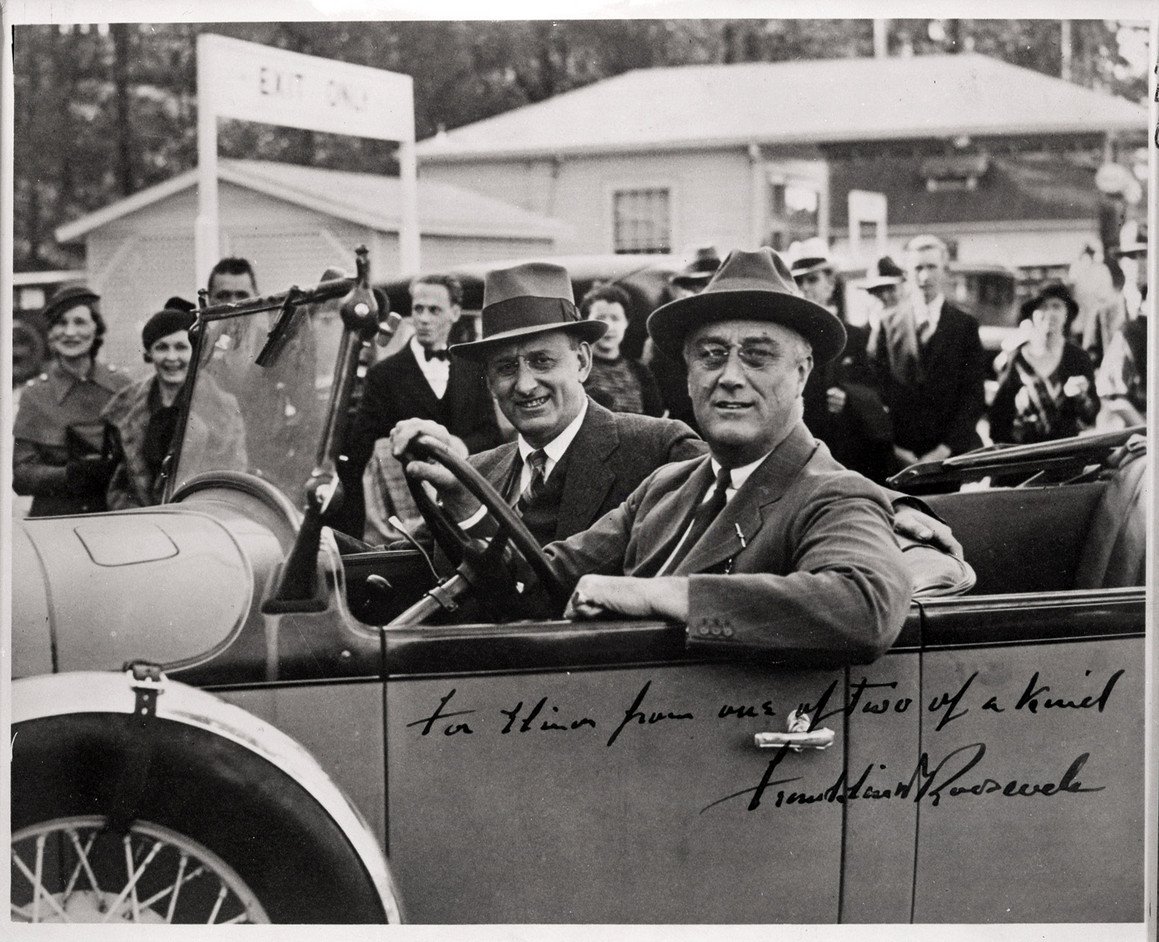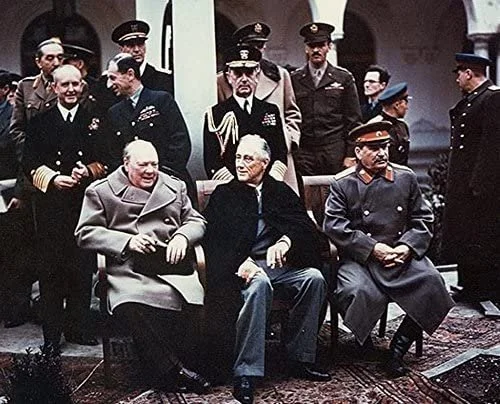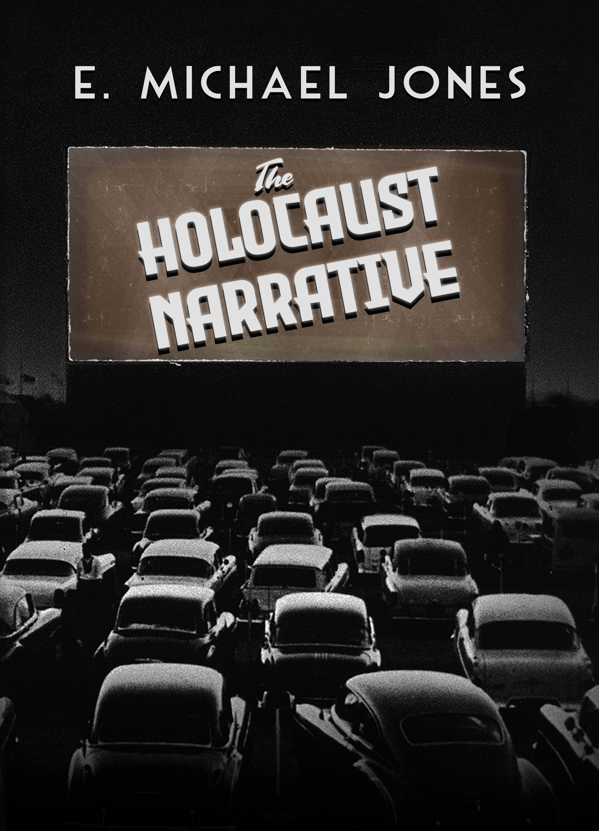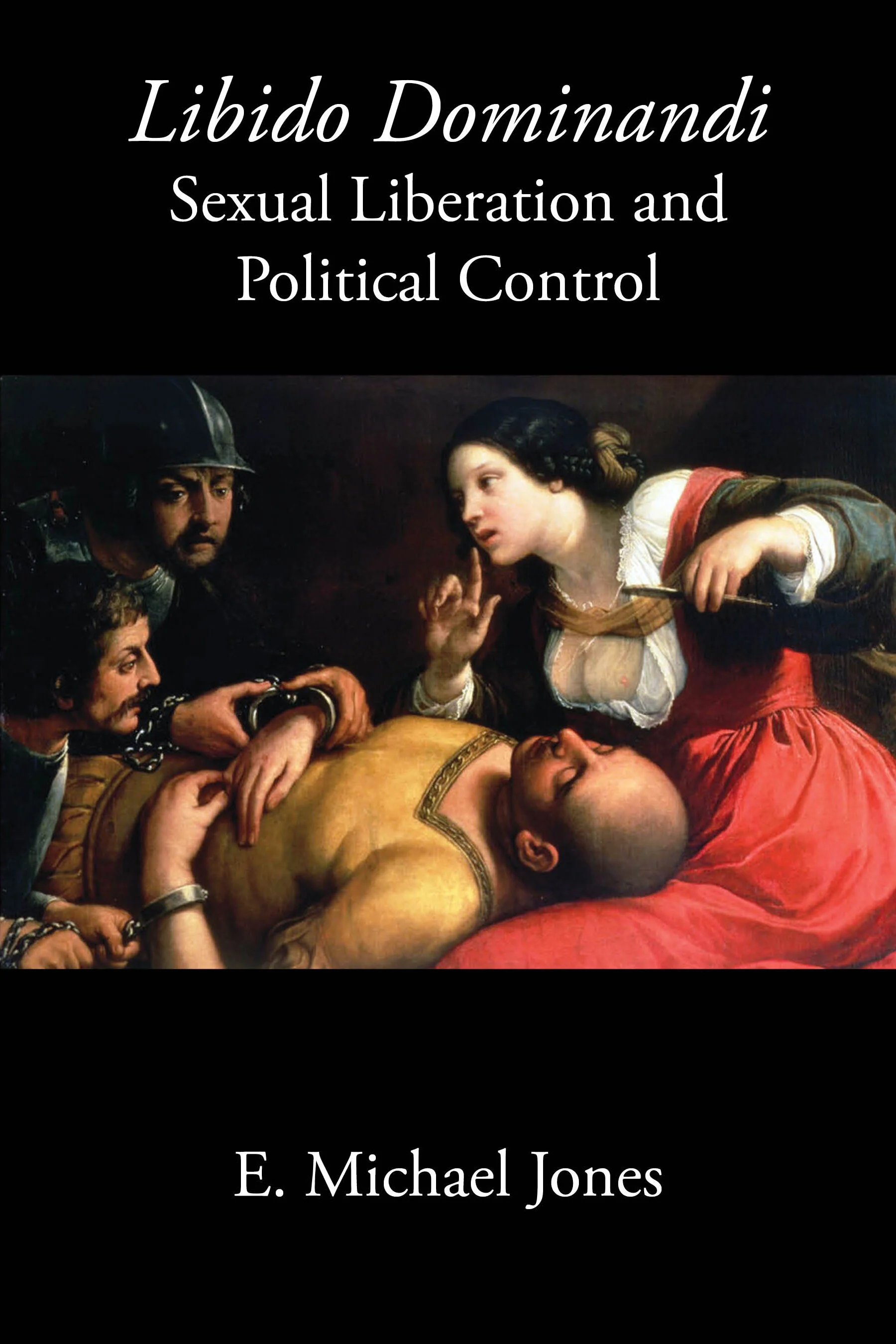The Once and Future Morgenthau Plan and the Long Arm of Jewish Vengeance
/Morgenthau: Power, Privilege, and the Rise of an American Dynasty by Andrew Meier, (New York: Random House, 2022),
ISBN 978-1400068852
Within hours of the September 22 attack on the Nord Stream pipelines, a consensus emerged that the Americans did it, in spite of the fact that the mainstream media were united in blaming Russia. Only the Americans had the motive and the means. The evidence was circumstantial but irrefutable. Within hours of the attack, the video of President Biden’s February 2022 press conference with German Chancellor Olaf Scholz was making the rounds on the Internet. In response to a question from a reporter in February, Biden said in no uncertain terms that if Russia invaded the Ukraine, America would take out the Nord Stream pipelines. The video of Victoria Nuland saying the same thing also started circulating within hours of the attack.
Historically, the attack fit into the pattern of Anglo-American foreign policy like a hand in a glove. The Nord Stream pipelines were a clear violation of the Mackinder thesis, which has been the hidden grammar of American foreign policy for over a century, a fact corroborated by both Donald Trump, who opposed Nord Stream as president, and his opponent Ted Cruz, who said that there was bipartisan agreement on the threat which Nord Stream posed to American interests.
Henry Morgenthau, Jr. and President Franklin D. Roosevelt
Ever since Halford Mackinder wrote The Geographical Pivot of History at the beginning of the 20th century, the goal of Anglo-American foreign policy has been to thwart any unification of the Eurasian landmass because, according to Mackinder, the country which controls Eurasia controls the world. Any rapprochement between Russia and Germany posed an existential threat to Anglo-American hegemony. When the Kaiser and the Czar, cousins by blood, threatened to collaborate, Winston Churchill and Lord Grey lured both countries into a war which pitted them against each other, ensuring a favorable outcome for Oceania, the name George Orwell gave to the island nations which made up the Anglo-American Empire in his dystopian novel 1984.
Fourteen years into the 21st century, the American Empire followed the same playbook when NATO under the direction of Victoria Nuland took the first steps toward luring Russia into a war with Germany in the Ukraine by overthrowing that country’s democratically elected president and installing a puppet regime led by Jews and Nazis.
As in the past, the point of the current war in the Ukraine was to lure Germany and Russia into a war which would destroy both countries, leaving America as the undisputed global hegemon. Everyone knew that the Americans were using Ukrainian proxies to wage war on Russia, but few if any Germans knew that the war was being waged against them as well, until the attack on Nord Stream II made that obvious.
Blowing up the pipeline was the culmination of the abusive relationship which America had established with Germany after defeating her in World War II. More than that it was a return to the long-abandoned Morgenthau Plan, which sought to deindustrialize Germany and render that country incapable of waging further wars.
Henry Morgenthau, Jr. was born in 1891 into a Jewish family from New York City, where the German Jews were known as “Our Crowd” because they excluded the newly arrived Russian Ostjuden from their company. According to Ed Koch, New York’s Jewish mayor from 1978 to 1989, the Morgenthaus were “the closest we’ve got to royalty in New York City.”1 In his recent biography, Andrew Meier does his best to rehabilitate the reputation of Henry Morgenthau, Jr. by sandwiching him between his more distinguished father and son, but the effort fails because no matter how hard he tries, Meier can’t disguise the genocidal nature of the plan that made the name Morgenthau notorious in the period immediately following World War II. Faced with the dilemma of all biographers, Meier opts for momentary honesty at the beginning of his book when he describes Henry Morgenthau, Jr. as the “entitled fool FDR entrusted to do his bidding, whether fetching bootleg liquor or selling the New Deal.”2 Morgenthau was a thin-skinned, vindictive sycophant, whose main qualification for serving as Secretary of Treasury for 12 long years was his ability to ingratiate himself with his boss. During his time in office, Morgenthau was “burdened by an indecisive nature and weak self-esteem,” which he sought to shore up at the end of his tenure by imposing a peace on the prostrate German people which ensured their extinction.
At the end of his career, as Roosevelt was slipping into his dotage, Morgenthau used his position as Secretary of Treasury to intrude onto territories traditionally handled by the Departments of State and War to impose a Carthaginian peace on Germany which cost the lives of thousands of American servicemen during the final months of the war and threatened to hand all of western Europe over to communist rule in the post-war period. Morgenthau’s lust for Semitic vengeance alienated not only Roosevelt’s cabinet; it also united the press against him and finally, when Truman could stand it no longer, drove him out of office and into the arms of the Zionists, on whose behalf he bought weapons which were used to treat the Palestinians in the Holy Land as the Germans had treated the Jews in Europe.
When Josef Goebbels, Hitler’s propaganda minister got an advance copy of the Morgenthau Plan, he referred to it in one of his most effective radio broadcasts as “den Plan des Juden Morgenthaus, den 80 Millionen deutschen ihre Industrie beraubt und aus Deutschland ein einzige Kartoffelfeld gemacht werde.” (The Jew Morgenthau’s plan to rob 80 million Germans of their industry and turn Germany into a potato patch.) When it became clear that the Jews who had the upper hand in the Roosevelt administration were determined not only to drive the Nazis from power but to exterminate the German people, Germans united behind Goebbels, whose response was “Niemals. Das kaeme nicht in Frage” (No way. Out of the question.) As in the current situation in the Ukraine, Jewish intransigence made negotiations impossible and resulted in the loss of hundreds of thousands of lives.
Churchill, FDR, and Stalin
Secretary of War Henry Stimson opposed the Morgenthau Plan, contending that it amounted to adding divisions of German soldiers to the waning years of the war. Stimson was proven right after the intransigence of the Jews in the Roosevelt Administration eventually backfired by strengthening the Germans in their resolve to fight to the last man. On December 11, 1944, OSS operative William Donovan sent Roosevelt a telegraph message from Bern, warning him of the consequences that the knowledge of the Morgenthau Plan had had on German resistance:
So far, the Allies have not offered the opposition any serious encouragement. On the contrary, they have again and again welded together the people and the Nazis by statements published, either out of indifference or with a purpose. To take a recent example, the Morgenthau Plan gave Dr. Goebbels the best possible chance. He was able to prove to his countrymen, in black and white, that the enemy planned the enslavement of Germany. The conviction that Germany had nothing to expect from defeat but oppression and exploitation still prevails, and that accounts for the fact that the Germans continue to fight. It is not a question of a regime, but of the homeland itself, and to save that, every German is bound to obey the call, whether he be Nazi or member of the opposition.3
The Morgenthau Plan began as a memo entitled “Program to Prevent Germany from starting a World War II,” which got handed from Treasury Secretary Henry Morgenthau, Jr. to Franklin Delano Roosevelt at the Quebec conference in 1944. The author of the memo was Harry Dexter White, Morgenthau’s assistant, and like him a Jew who was deeply concerned about the plight of fellow Jews in Europe. White was also a communist spy whose Jewish animus against the German people was exacerbated by a desire to make their lives so miserable that they would welcome the Soviets with open arms.
The gist of the Morgenthau Plan was included in the first item of the memo entitled “Demilitarization of Germany,” which claimed:
It should be the aim of the Allied Forces to accomplish the complete demilitarization of Germany in the shortest possible period of time after surrender. This means completely disarming the German Army and people (including the removal or destruction of all war material), the total destruction of the whole German armament industry, and the removal or destruction of other key industries which are basic to military strength.4
The memo deliberately played down the draconian nature of Morgenthau’s plan in an attempt to calm Roosevelt’s fear of a revolt against Semitic vengeance which was gaining ground in the State Department under Cordell Hull and in the Department of War under Henry Stimson. Jewish vengeance was in the air. In 1941 Theodore Kaufman had published a book entitled Germany Must Perish, which proposed the “eugenic sterilization” of the German people.
Echoing Kaufman, the Jewish lawyer Louis Nizer backed away from the Kaufman’s plan for genocidal sterilization (while at the same time citing it sympathetically), calling instead for the de-industrialization of Germany in a book which was published in the same year that Morgenthau proposed his plan:
It will not be sufficient to destroy the military caste. Another can quickly arise. Germany’s capacity to build the tools for another war-machine must be permanently removed. There must be complete industrial disarmament. Perhaps we may call it “de-armament.” To confiscate Germany’s existing weapons may actually be of advantage to her. The confiscated equipment thus acquired by the United Nations would soon become obsolete, while Germany could plan a newer and more effective arsenal. The reverse was true when Germany attacked…. But even more important, the machine tool, iron, steel, aluminum, chemical, and other industries which provide the possibility of reconstructing these plants must be removed from German direction, either physically, or through control of management. One method of control would be to place the majority stock of these “heavy industries” in trust with representatives of the United Nations.5
In the self-serving book which he published after Roosevelt’s death, Morgenthau was more candid about his plans. Disarming Germany wasn’t enough. Germany had to be deprived of the industrial basis that created those armaments in the first place. Given “her people’s lust for conquest,” “her heavy industries,” “her shipyards,” “her research laboratories,” and “her shrewd cartel system,”6 ... “it would seem rather obvious that to disarm Germany in any real sense of the word is to remove the industries that would make rearmament possible.”7
Like Germany’s Green Party in the 21st Century, the Morgenthau Plan also called for depriving Germany of the energy she needed for her factories. As of 1944, when Harry Dexter White concocted the Morgenthau Plan, the chief source of German energy was coal. Morgenthau complained that:
Even after the removal of all Ruhr factories that escaped destruction in the war, the mines would remain a potential source of German rearmament. The coal cannot be taken away from the Ruhr (except by the trainload as it is mined), so the Ruhr should be taken away from Germany.”8 In order to accomplish that, Morgenthau proposed the ethnic cleansing of Germans from the Ruhr valley, the industrial heartland of Germany: “Of course, no German should sit on the Ruhr’s governing commission. In fact, no Germans should be left in the Ruhr at all… The people would not be under alien rule because they would not be there. Their places would be taken by French, Belgian, Dutch and other workers.”9 ….
[…] This is just an excerpt from the December 2022 Issue of Culture Wars magazine. To read the full article, please purchase a digital download of the magazine, or become a subscriber!
(Endnotes Available by Request)










